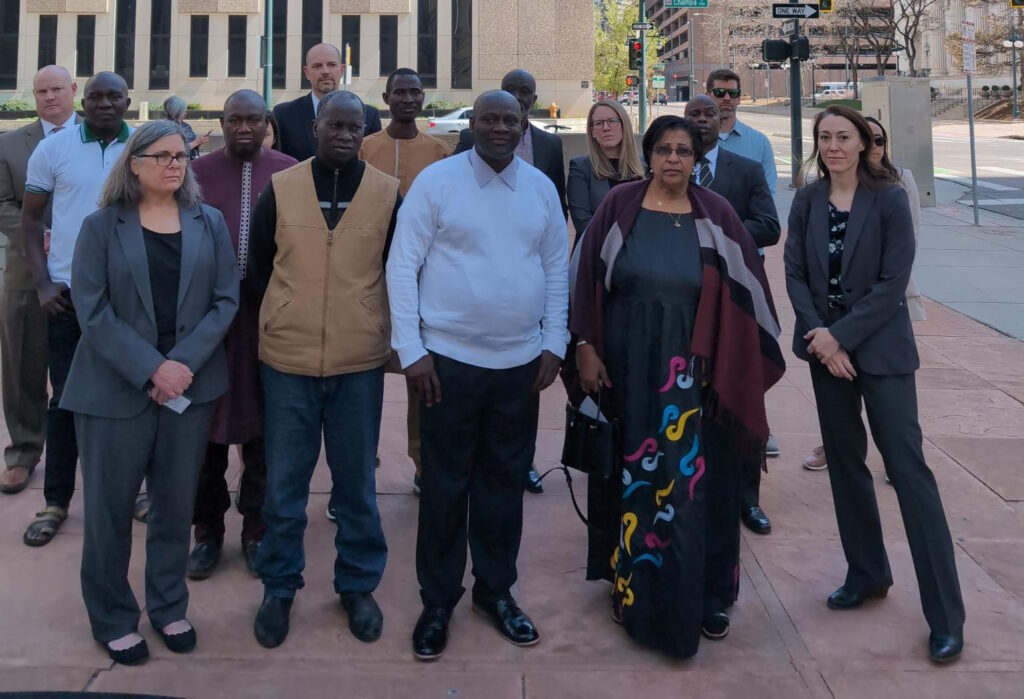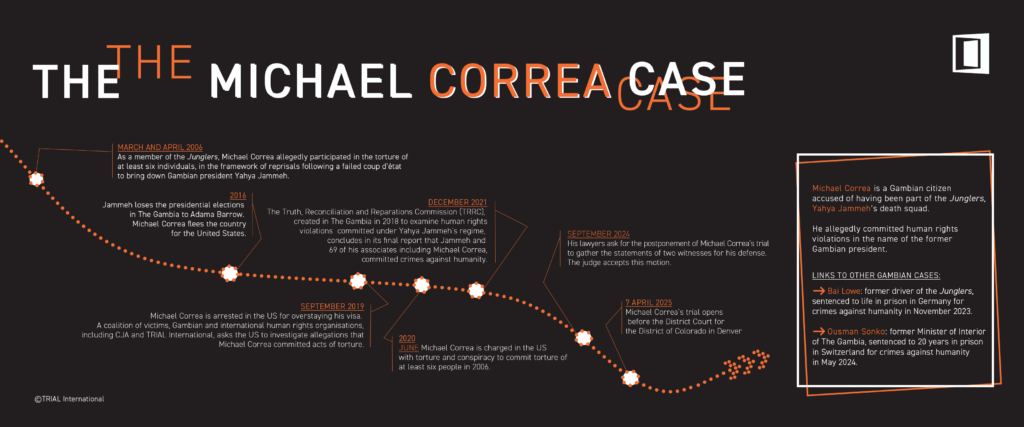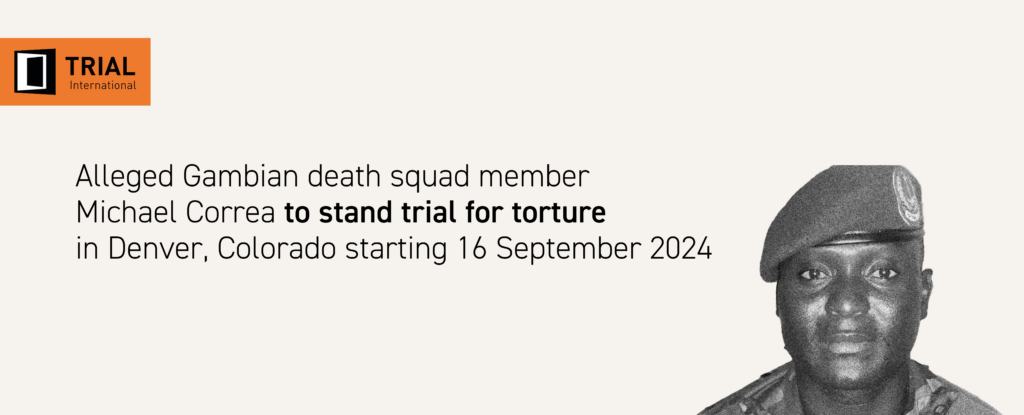Burundian referendum took place amidst fear and repression
Violence and repression have been on the rise, casting a dark shadow on the referendum’s outcome.
On 17 May 2018, Burundian citizens have voted in favor of a Constitutional reform. The current president, Pierre Nkurunziza, will now be able to run for two new seven-year-terms – allowing him to stay in power until 2034.
Unchecked vote yield unsurprising outcome
There was little doubt about the referendum’s outcome. All dissenting voices, from human rights defenders to the media, have been increasingly muzzled ahead of the 17 May. The clampdown culminated with the suspension of the BBC and Voice of America. No international observer has been deployed in the country to monitor the vote.
“Burundi has increasingly isolated itself in the recent years” said Pamela Capizzi, head of TRIAL International’s Burundi program. “The authorities’ clampdown comes as no surprise, but it remains extremely worrying that mass abuse may be happening unimpeded and unmonitored.”
A “CAMPAIGN OF TERROR”
Since the adoption of the draft revision of the Burundian constitution, international and local human rights organizations have denounced a “campaign of terror” led by the government, pressuring the population to vote in favor of the constitutional amendment.
Indeed, a wave of violence has been observed in the run-up to the vote. The list of victims of assassinations, enforced disappearances, torture and arbitrary arrests has soared.
A PERSISTING CRISIS
Despite the end of the 2006 civil war that killed more than 300,000 citizens, serious human rights violations are still being recorded. Burundi had indeed been in crisis during the 2010 election period.
The Burundian constitution allowing the president to accumulate only two terms, the candidacy of Pierre Nkurunziza for a third in 2015 had led to a new crisis accompanied by major violence and repression. At the end of 2016, Burundi became the first country to leave the ICC.
IMPUNITY AS A COMMON BOND
The current crisis in Burundi resonates with the crises of its neighboring countries, notably the Democratic Republic of Congo (DRC). In both countries, the current Presidents want to stay in power at all costs.
“The political crisis also persists in DRC, says Daniele Perissi, head of DRC program, impunity remains widespread and a profound change must take place on all levels to allow a return to calm.”
Between eastern DRC suffering from growing insecurity linked to the electoral context and the political crisis in Burundi, on both sides of the border, the civilian population remains the first victim of violence.









